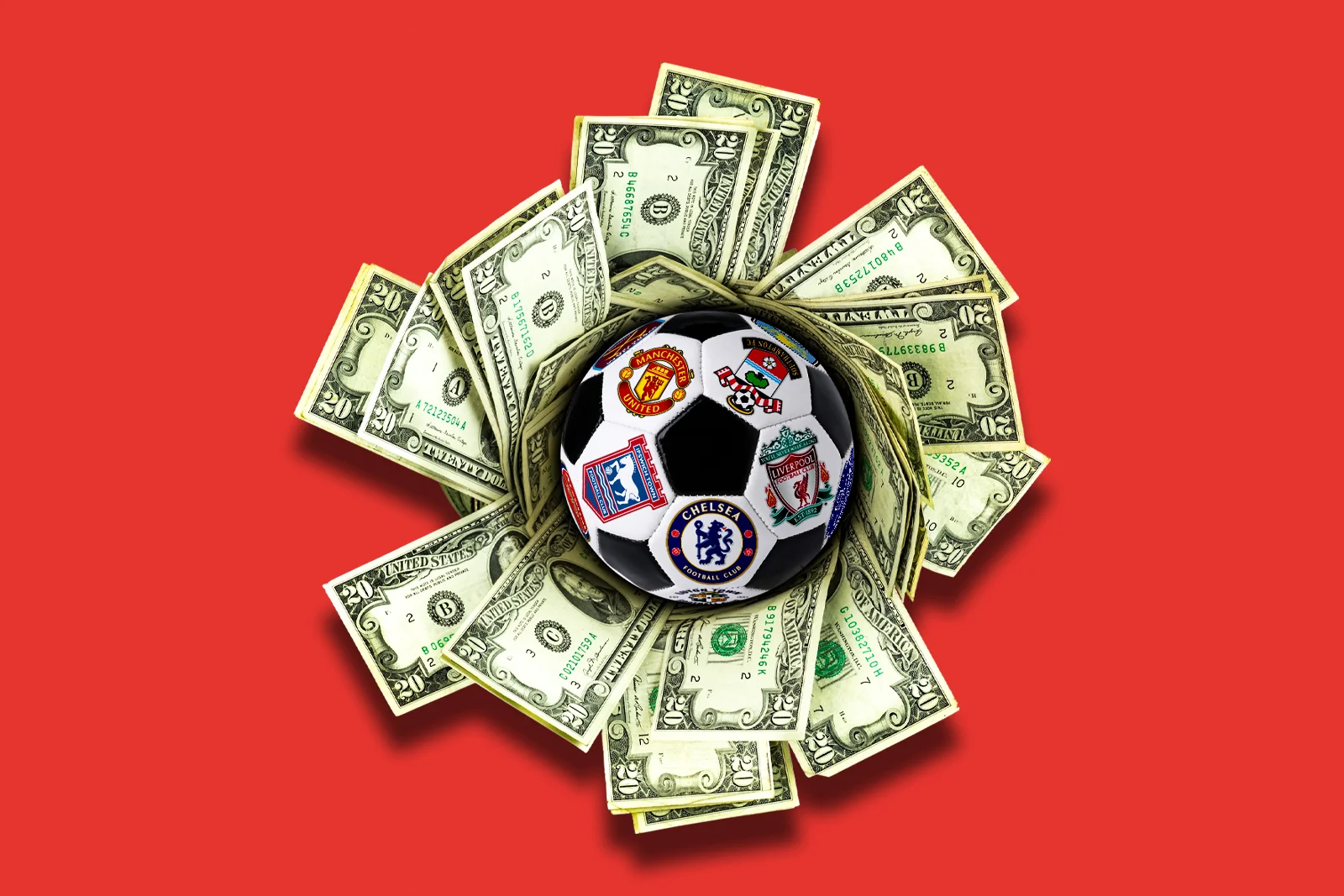Although the United Kingdom might be suffering on other fronts, the English football league is the envy of the world.
The simple fact is, no other country in the world boasts the depth of support and history across the football pyramid as England’s top four divisions. And this quality has been richly rewarded. Since the advent of the Premier League in 1992 and its resulting bumper television contracts, English football and its riches have attracted many of the world’s ultra-wealthy into football ownership.
Beginning with Roman Abramovich’s takeover of Chelsea in 2003, whose spending of his oil-powered wealth elevated Chelsea to one of the world’s elite clubs, the past few decades have borne witness to increasing amounts of dirty money in England’s favourite pastime.
The issue of dodgy money and fraud in English football is under particular scrutiny at the minute, with Manchester City, winners of the previous four Premier League titles, facing a much talked about 115 charges for repeated offences of financial misrepresentation. There is also the incoming Football Governance Bill which, despite still trudging its way through Parliament procedure, promises to implement stricter provisions over who will be allowed to own football clubs.
Looking beyond the Premier League, it is clear that the Football Governance Bill is long overdue. There is something about the allure of lower-division football that tends to attract unsavoury characters. Andy Pilley, then owner of League 2 side Fleetwood Town, was jailed in 2023 for 13 years for a long-running fraud scheme in which he duped firms into expensive energy contracts for his side business. Elsewhere, National League side Ebbsfleet United have been under the de facto ownership of Abdullah Al-Humaidi, who made headlines for his £2.5 billion ‘UK Disneyland’ project that went into administration, leading to Paramount suing Abdullah Al-Humaidi’s company for undergoing a ‘sham’ restructuring deal.
Sunderland too, one of England’s most successful clubs in the early 20th century with six league titles and two FA Cups, is currently part-owned by Juan Sartori, a Uruguayan businessman turned politician who is facing a fraud claim in the UK High Court. Nor is this Sartori’s first brush with controversy. From lying about going to Harvard to being accused of arranging insider deals for his previous agricultural company, the media reporting around Sartori would put him at risk of failing any fit and proper test that comes into force with the new bill. Even his time in politics, where he unsuccessfully bid for the presidency before becoming Uruguay’s youngest-ever senator, was marred by his Head of Press resigning in spectacular fashion, accusing Sartori of selling ‘smoke’ and dealing in ‘lies.’
What, then, can be done to protect our clubs from the harmful influence of these owners?
It is clear that fan pressure alone is not enough in many cases. Reading fans have endured under the nightmare tenure of Chinese businessman Dai Yongge for over seven years. Despite fan protests and even pitch invasions over Yongge’s financial mismanagement of the club, there has been no formal mechanism by which Yongge can be removed for his improper behaviour in charge of the club.
It has been mooted that the new Football Governance Bill will include measures to strip bad owners of their right to run a club and to force them to sell their holdings. To measure the aptitude of owners, it is speculated that three tests will be applied to current owners. The first stage will assess the ‘integrity, honesty, and financial soundness’ of potential directors, requiring them to prove competency. The second stage could involve “enhanced due diligence” on the source of funds to prevent the use of illicit money. While the third stage requires a business plan for sustainable club management. These tests would apply to both prospective and existing owners, who could be subject to testing if concerns around their compliance arise.
It is clear then that a strong Football Governance Bill is sorely needed. From League 2’s Fleetwood, to League 1’s Reading, Sunderland in the Championship, and even Manchester City in the Premier League, clubs up and down the pyramid have been under the control of businessmen with dubiously acquired wealth. To maintain England’s status as the global standard for club football, it’s crucial that fans aren’t left to fix this issue. Proper legislation is the only way to hold these owners accountable, with the power to scrutinise and, when necessary, remove those who damage the game’s integrity.
If you’re interested in writing for International Policy Digest – please send us an email via submissions@intpolicydigest.org


